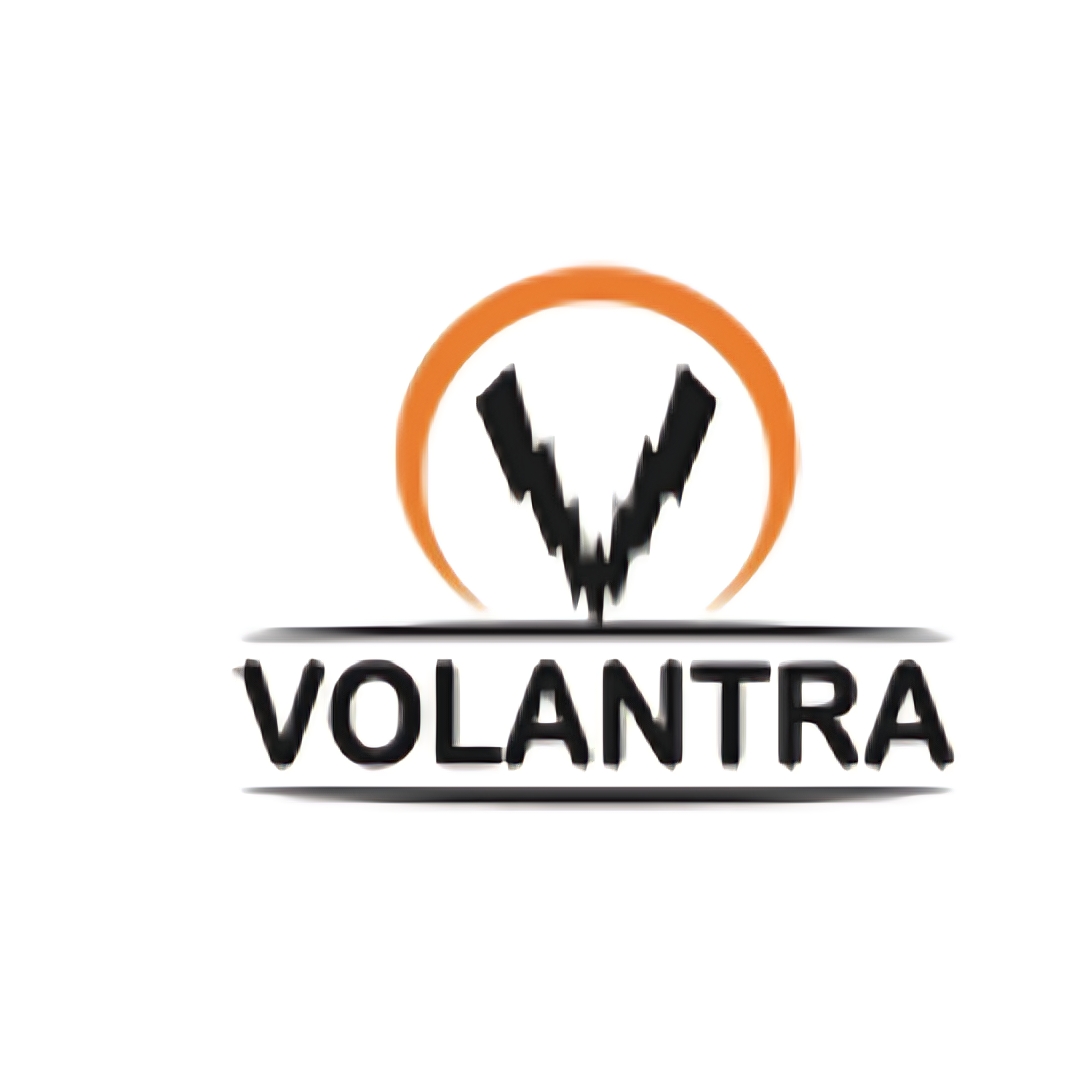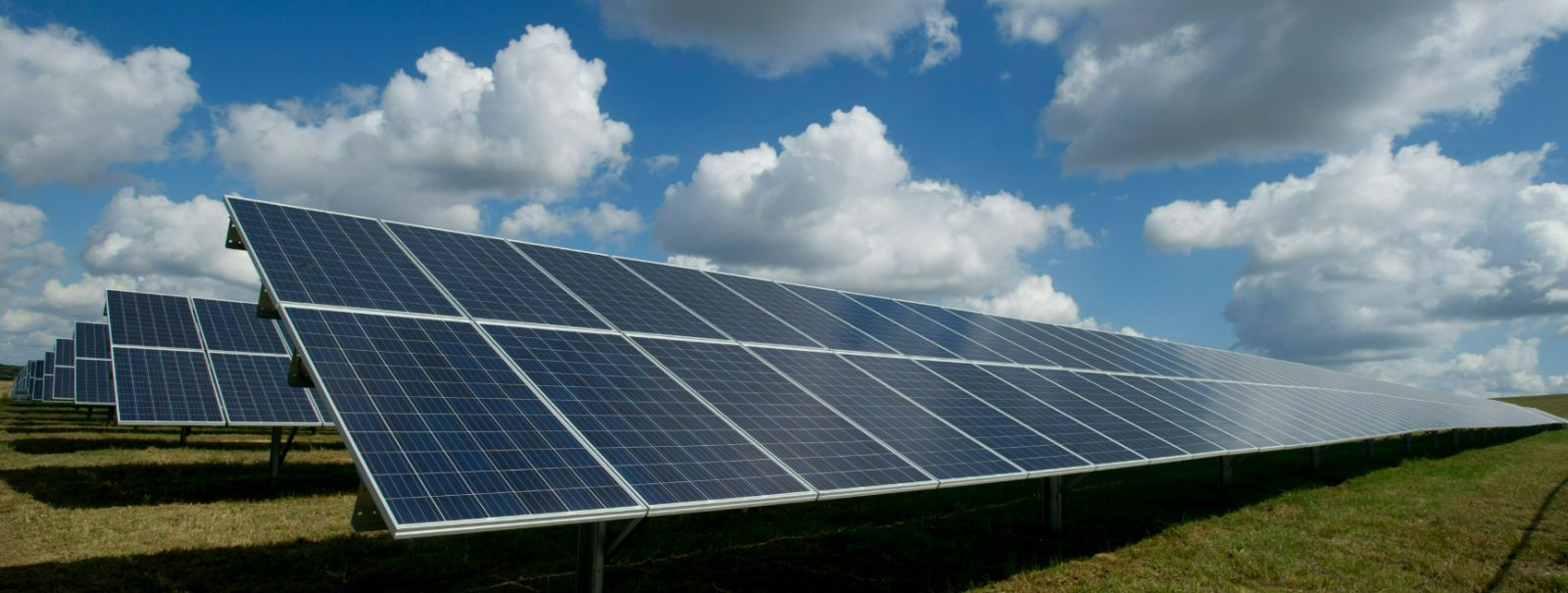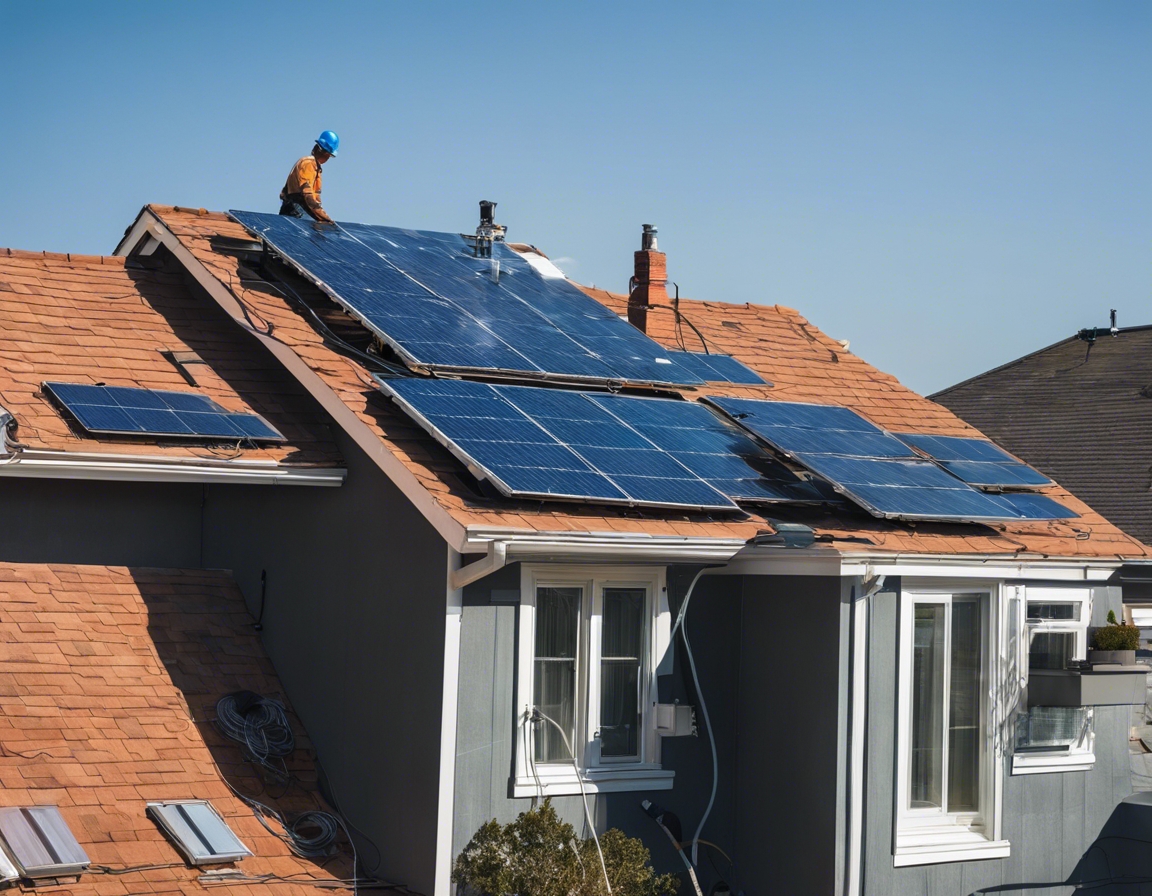The future of energy: solar power plants
Solar energy is harnessed from the sun's rays and converted into electricity using photovoltaic (PV) technology or solar thermal power plants. As a clean and renewable energy source, it plays a crucial role in reducing greenhouse gas emissions and combating climate change.
The journey of solar power from a niche technology to a mainstream energy source has been remarkable. With continuous improvements in efficiency and cost reductions, solar power is now one of the fastest-growing energy sources worldwide.
The Current State of Solar Power Plants
Recent technological advancements have significantly increased the efficiency and reduced the cost of solar panels. Innovations such as bifacial panels and tracking systems have further enhanced the performance of solar power plants.
There has been a surge in the installation of solar power plants globally, with countries like China, the United States, and India leading the way. The increasing demand for clean energy is driving this growth.
Solar power plants offer numerous benefits, including reduced dependence on fossil fuels, lower electricity costs, and minimal environmental impact. They also provide a reliable power supply and contribute to energy security.
Challenges Facing Solar Power Plants
While solar power is environmentally friendly, the manufacturing and disposal of solar panels present challenges. Efforts are underway to minimize the lifecycle environmental impact of solar power systems.
The initial investment for solar power plants can be high, but various financing options and government incentives are available to offset the costs. Over time, the return on investment for solar energy is highly favorable.
Regulatory challenges can impede the development of solar power plants. However, with the growing emphasis on renewable energy, policies are evolving to support the expansion of solar energy.
Innovations Shaping the Future of Solar Power Plants
Research is focused on developing solar panels with higher efficiencies and lower production costs. Technologies such as perovskite solar cells and organic photovoltaics hold promise for the future.
Energy storage is critical for managing the intermittent nature of solar power. Advances in battery technology, such as lithium-ion and flow batteries, are making solar energy more reliable and dispatchable.
Integrating solar power plants with smart grids allows for better energy management and distribution. This ensures a stable energy supply and maximizes the utilization of solar energy.
The Role of Solar Power in Estonia's Energy Landscape
Estonia is committed to increasing its share of renewable energy. Solar power, with its potential for scalability and integration into existing infrastructure, is a key part of this commitment.
With favorable government policies and a growing interest in sustainability, Estonia presents significant opportunities for the development of solar power plants.
VOLANTRA GRUPP OÜ is at the forefront of integrating solar power solutions in Estonia. With expertise in professional electrical services, the company is well-equipped to meet the needs of construction companies, real estate developers, and homeowners looking to harness the power of the sun.






Comments (0)